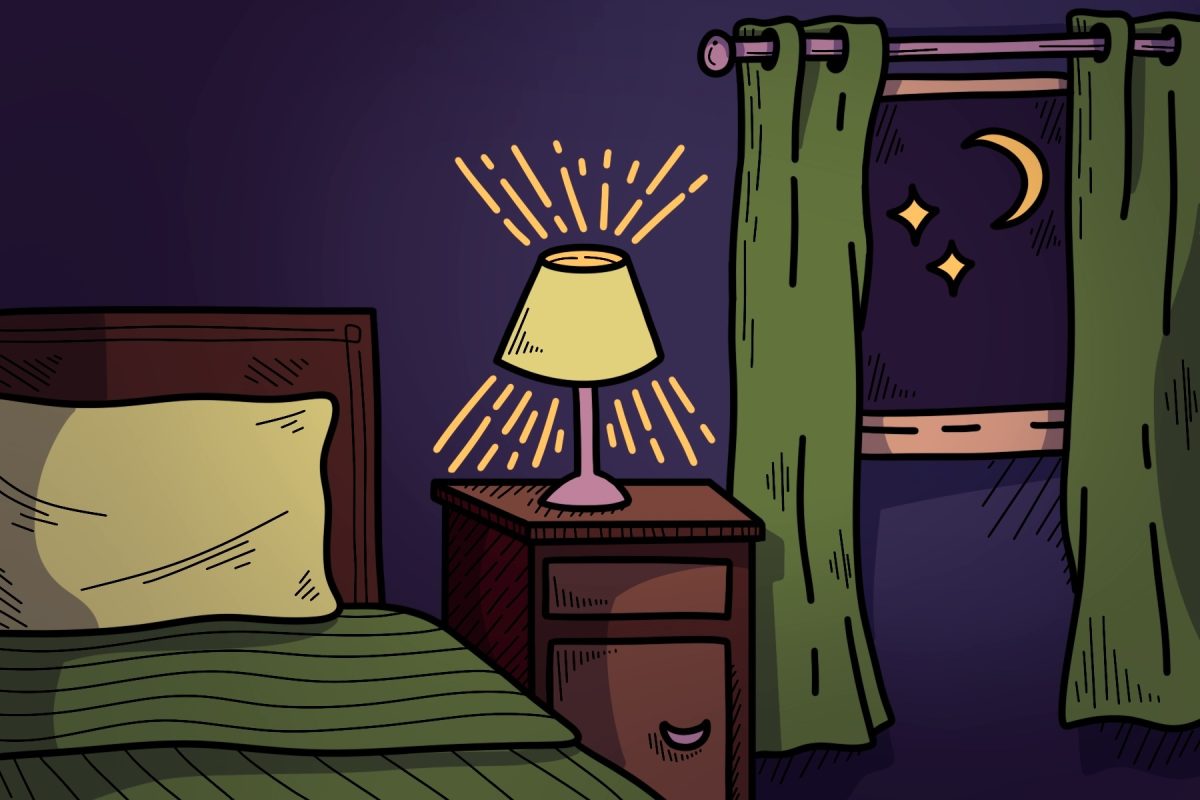As students get back to the demanding life of school work and social life on a college campus, getting into a nighttime routine to optimize sleep can be important for academic performance and overall health and well-being.
According to the Dove Medical Press, “A potential obstacle to maximizing success in college is the high prevalence of daytime sleepiness, sleep deprivation, and irregular sleep schedules among college students.”
Several students, at the university, agreed that caffeine intake, class schedules and academic workload affect their sleep schedule. Several students also agreed that they value a good night’s rest and try to ensure they get it.
Of the students interviewed, all said that they try to get at least seven hours of sleep per night, but that the hours during which they are asleep vary from night to night.
Though these students are getting adequate sleep, their bedtime could affect how rested they feel throughout the day.
According to Cleveland Clinic, 10 p.m. is the optimal bedtime, though this might not be the case for everyone, as each individual has personal needs. The clinic also said that going to bed at the same time every night and waking up at the same time each morning can be beneficial, as it helps to regulate our circadian rhythm.
Ainsley Lewis, a sophomore majoring in computer science, and Megan McCormick, a sophomore majoring in psychology, agreed that their sleep schedules are distinctly tied to the schedules of their classes.
“My class schedule affects my sleep. I’ll match it to whatever my class schedule is,” McCormick said.
The two also said that they tend to set their sleep schedules based on when their classes begin, and therefore their sleep schedules have varied from semester to semester.
“Last semester, all my classes started at 12:30 or 1 p.m., but this semester I only have 9:30 and 9 a.m. classes, so it’s a lot better,” Lewis said of her sleeping habits.
Karim Panjawani, a senior studying community enterprise through New College, said he believes that the structure school provides can be beneficial for some students’ sleep schedules.
Despite this, Panjawani said that having a sleep schedule in college can be difficult for many reasons, including stress.
“People are just worried about the next day, and as they go to bed they have their phone right next to them,” Panjawani said. “So they’re seeing texts and GroupMe’s for classes or notifications for discussion boards.”
Researchers recommend eating dinner at the same time each night, eliminating naps, minimizing alcohol or caffeine in the evening, and taking a small dose of melatonin to help yourself fall asleep at the same time each night.









